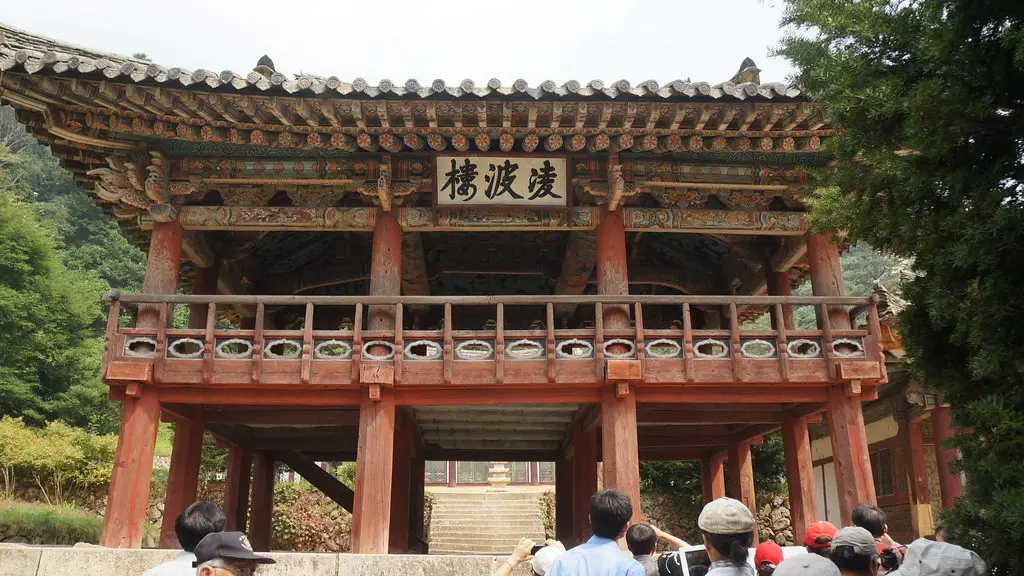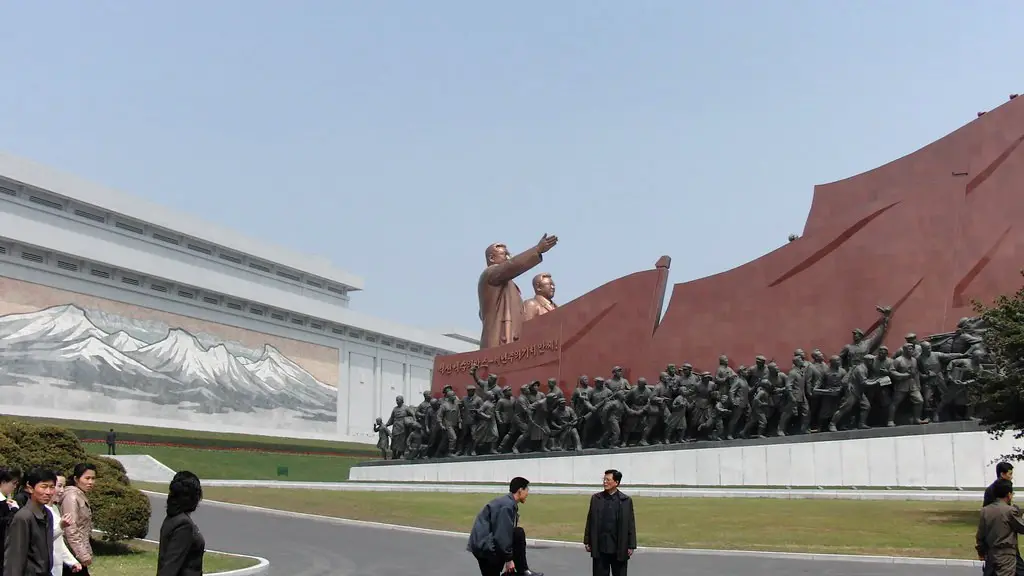Trade in Goods and Services
North Korea’s main source of income is still trade in goods and services, although much of this is carried out through shadow networks, with the help of middlemen and buyers from other countries. According to the United Nations, exports from North Korea totaled $3.3 billion from 2018-2019, with the goods largely consisting of coal and minerals. North Korea also exports labor services, with an estimated 100,000 citizens working in Russia and China, contributing about $500 million to North Korea’s GDP annually.
Although North Korea has made official, albeit limited, deals with China, Russia and other countries in the region, Pyongyang has also established various secretive networks to smuggle weapons, primarily in the Middle East and Africa. This smuggling, described as illicit and/or criminal activities by the United Nations, is believed to add up to a few hundred million dollars each year.
Loans and Aid
North Korea has borrowed various loans over the years and often fails to pay them back. A 2013 report estimated that the country owed approximately $5 billion in overdue loans and interest payments. This is not just an issue with North Korea, as other impoverished countries also rely on loans from international lenders as a source of revenue.
Although North Korea has a history of attempting to pay its loans back with goods or services, it has not been very successful at this. North Korea has also received generous aid from China over the past two decades, which has enabled the country to function almost independently, despite its issues with debt.
Sanctions
Due to its past behavior, the international community has placed numerous economic sanctions on North Korea, limiting the country’s access to the global financial system. This has made it more difficult for North Korea to earn money through legitimate means, such as trade in goods and services.
According to a 2019 report by the United Nations, these sanctions have caused the North Korean economy to shrink by an estimated 40%. As a result, North Korea has increasingly relied on illicit activities, such as cyberattacks and money laundering, to generate revenue.
Hermit Economy
Despite the sanctions, North Korea has maintained a “hermit economy,” relying heavily on its own resources. This includes the production of cheap consumer goods such as clothing, footwear, and foodstuffs, as well as the latest technology from South Korea, where it generates an estimated $150 million to $200 million in exports annually.
North Korea also has a large informal economy, where entrepreneurs operate small businesses for their own financial gain. These small businesses provide a valuable source of income for the North Korean government, even if these transactions are illegal in nature.
Military Spending
Military spending accounts for a large portion of North Korea’s GDP and is estimated to be around 25%. This is one of the highest ratios in the world and allows Pyongyang to maintain their large arsenal of missiles and nuclear weaponry. The military is also believed to be a valuable source of employment, with as many as one million North Koreans working in the country’s security forces.
However, it is unclear whether this military spending contributes to North Korea’s income or is simply a drain on the country’s resources. According to an estimate by the Congressional Research Service, North Korea’s military spending could account for up to half of their total GDP.
Cowtailing & Corruption
A form of economic activity known as “cowtailing” has become increasingly popular in North Korea. Cowtailing and corruption are two branches of the same tree, as North Koreans who are able to solicit favors and kickbacks from government officials are able to generate more income for themselves and their supporters. This type of loan sharking has become quite popular and is believed to generate as much as $1 billion a year for Kim Jong Un and his inner circle.
North Korea has also used bribery and extortion to gain access to valuable resources. This includes trying to extort funds from companies and governments in the region, and using cyberattacks to steal information, funds and other resources.
Illegal Trade
North Korea’s international trade, including the smuggling of weapons and other goods, is estimated to have generated up to $2.7 billion in profits in 2019. Much of this trade is conducted through underground networks, with the help of middlemen, who take a percentage of the profits.
Total exports from North Korea rose from $2.3 billion in 2018 to $3.3 billion in 2019, with the largest share of exports (about half of the total) coming from minerals and coal. North Korea also trades in chemical, agricultural and other products, although it is unclear how much of this trade is legitimate and how much of it is conducted through illicit networks.
Financial Crime
Financial crime has become increasingly popular in North Korea, as the country attempts to bypass international sanctions and restrictions. This includes cyberattacks, money laundering and fraud, as well as the creation of false companies to help launder money.
North Korea is also believed to be involved in illicit activities such as human trafficking, drug smuggling and counterfeiting. This activity is often conducted through third-party countries, and it is estimated to generate up to $500 million a year for Pyongyang.
Cryptocurrency and Mining
As the international community has continued to tighten sanctions against North Korea, the country has turned to cryptocurrency and mining as a means of circumventing the restrictions. North Korea is believed to be the first country to develop its own cryptocurrency, and it has also begun mining bitcoin and other cryptocurrencies in order to earn revenue.
These activities, although rarely talked about, could potentially be a major source of income for Pyongyang. It is estimated that North Korea earns as much as $200 million a year from these activities, although this number could be much higher, as these activities are often difficult to track.
Black Market
Finally, the black market plays an important role when it comes to North Korea’s income. As the government attempts to maintain control over the economy and prevent citizens from accessing the global financial system, the black market has become a valuable source of revenue.
This includes smuggling food, fuel and consumer goods into North Korea, as well as selling weapons and other illicit goods overseas. It is also believed that the North Korean government profits from organized crime, such as human trafficking, drug smuggling and counterfeiting. The black market is estimated to bring in as much as $1 billion a year for North Korea.


